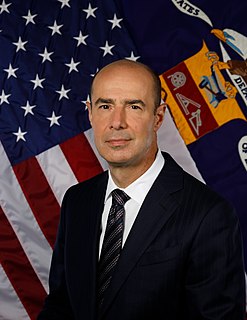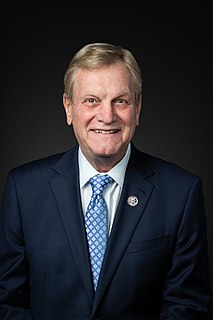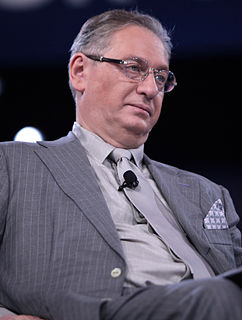A Quote by Eugene Scalia
The truth is that the D.C. Circuit is an admirably nonideological court that applies principles of administrative law evenhandedly.
Quote Topics
Related Quotes
My first job out of law school was on the Court of Appeals for the Tenth Circuit, where Gorsuch is a judge. I observed in the year that I worked at the court what many litigants and commentators have since noted: that Gorsuch possesses an incisive legal mind, writes with skill and wit, and is scrupulously fair.
Americans revere both the Constitution and an independent Court that applies the document's provisions. The Court has done many excellent things in our history, and few people are willing to see its power broken. The difficulty with all proposals to respond to the Court when it behaves unconstitutionally is that they would create a power to destroy the Court's essential work as well.


































